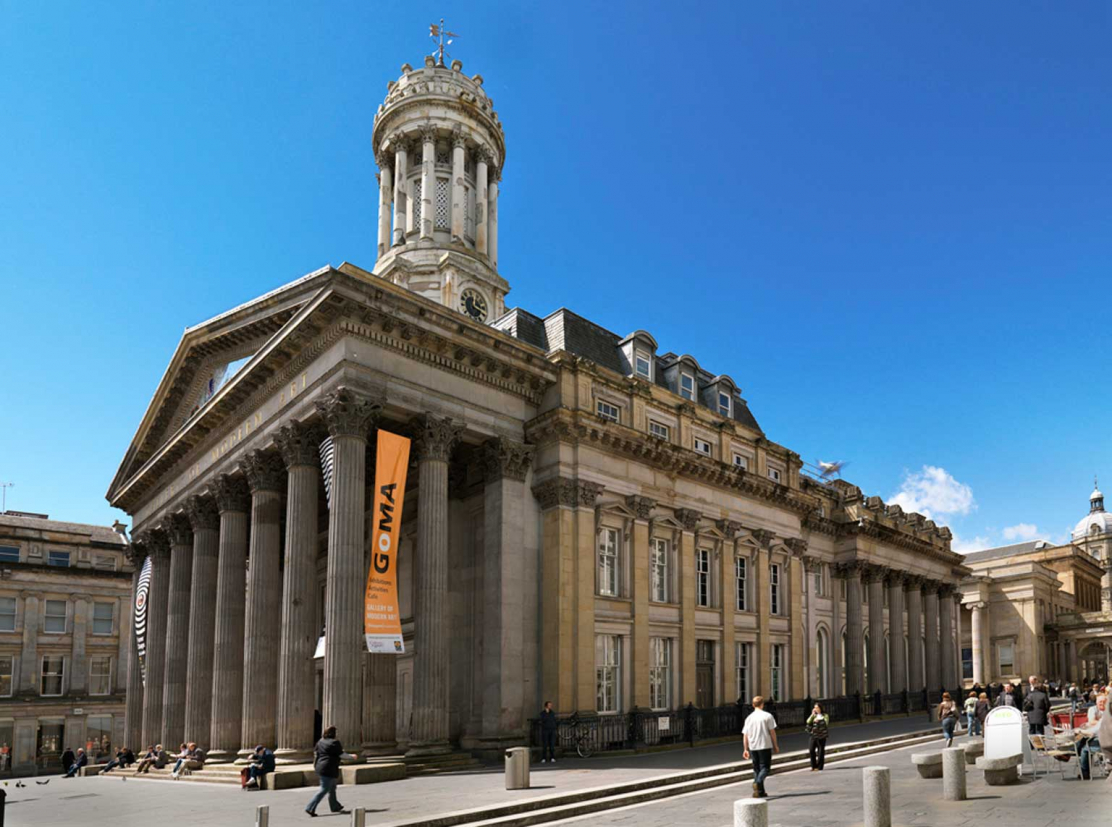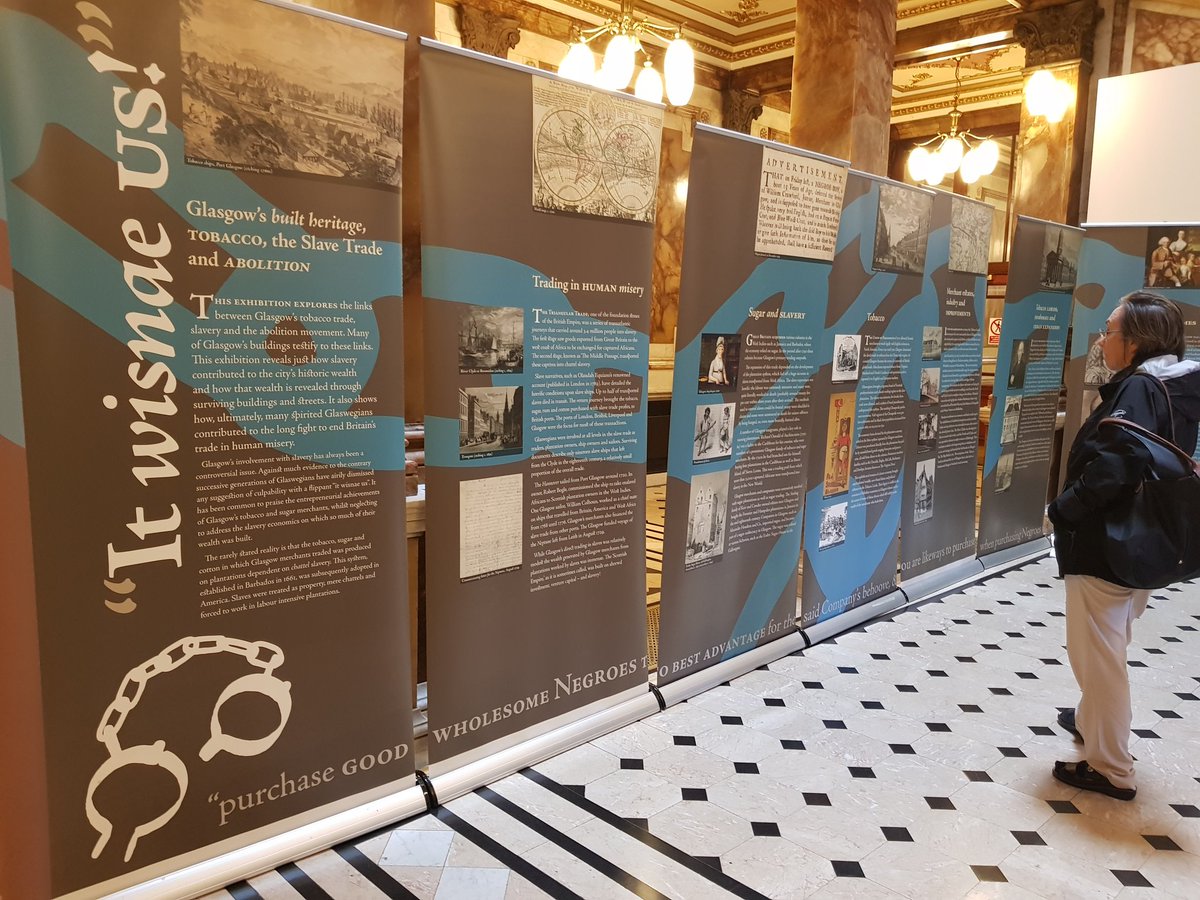Welcome to Empire Museum
For many years ‘Scotland’s Amnesia’ has allowed Scots to distance themselves from their involvement in shaping a global attitude of racial hierarchy that has and continues to have an influence in all areas of life in Scotland. These racial hierarchies were developed to justify the abhorrent actions of Western Nations, especially in relation to empire, slavery and colonialism.
This digital space is a platform to publish history and make it widely available to deepen our understanding of the past, as we cannot expect to resolve the racial inequalities persisting today without understanding the history that brought us to this point.
In Scotland, people of African, Caribbean and Asian descent have very specific historical contexts linking to empire, transatlantic slavery, colonialism and migration, each of which have an extensive impact on Scotland’s economic, demographic, environmental, cultural and social development. In the present day, the histories of these communities are not acknowledged and represented as well as they could be within history, heritage, arts and culture work in Scotland.
Our Mission
In 2016 the United Nations Committee for the Elimination for Racial Discrimination expressed concern at the lack of balance in educating Scottish society about the history of the British Empire and colonialism and recommended that there should be a balanced account of the history of empire and colonialism, including slavery and other grave human rights violations within education.
Our mission is to provide a space that is guided by people who bring the right mixture of authenticity, expertise and experience. We aim to collaborate with the public, historians and activists to allow for curiosity and reflection. It is essential from early years onwards people have the chance to explore Scotland’s history in a truthful and representative way. A better understanding is needed of the history of empire, colonialism, slavery and migration so we can learn from the past to understand the present and agitate for change in the world we want to live in in the future.
Our Vision
Across Scotland there is a growing recognition of the need to represent the realities of empire, colonialism, slavery and migration as an integral part of its history and heritage. This is a positive step towards a more representative cultural life in Scotland. However, Scotland still lacks a coherent way of telling these stories; a meaning and engaging platform through which education, curiosity and reflection on our past can be satisfied. Cities like Liverpool, London and Bristol have found a way to address this through dedicated spaces – museums, archives and learning centres. It is time Scotland fulfilled this need. Our vision is that within the next decade, Scotland will have its own National museum of empire, colonialism, slavery and migration. Combining interactive exhibition spaces with an archive and learning centre, the education benefits alone will be immeasurable. This will include looking at the contributions of Black and minority ethnic individuals and communities, as well as exploring Scotland’s role in imperialism and slavery.
We hope you will join us on this journey and ask that you stay in touch and sign up to our newsletter. Community involvement and participation will be crucial to ensure the context and content of the museum credibly reflects the lives, origins and experiences of Black and minority ethnic people in Scotland.
Meet our committee
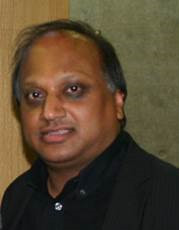
Jatin Haria

Cllr Jen Layden

Zandra Yeaman
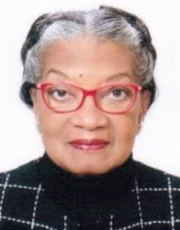
Anita Shelton
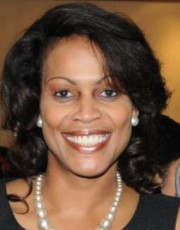
Sandra Deslandes Clark
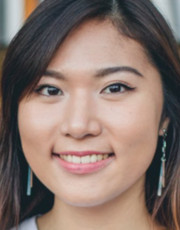
Suki Wan
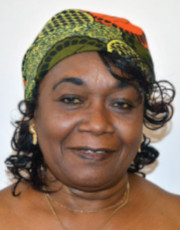
Harriette Campbell
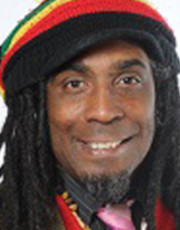
Cllr Graham Campbell
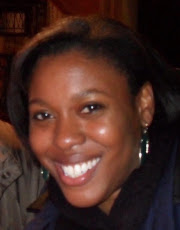
Marenka Thompson-Odlum
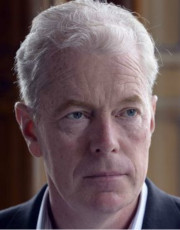
Professor Simon Newman
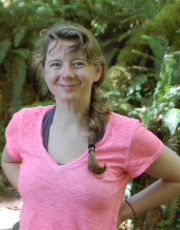
Dr Christine Whyte
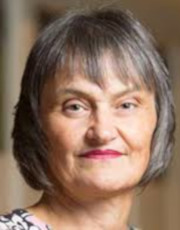
Jill Miller

